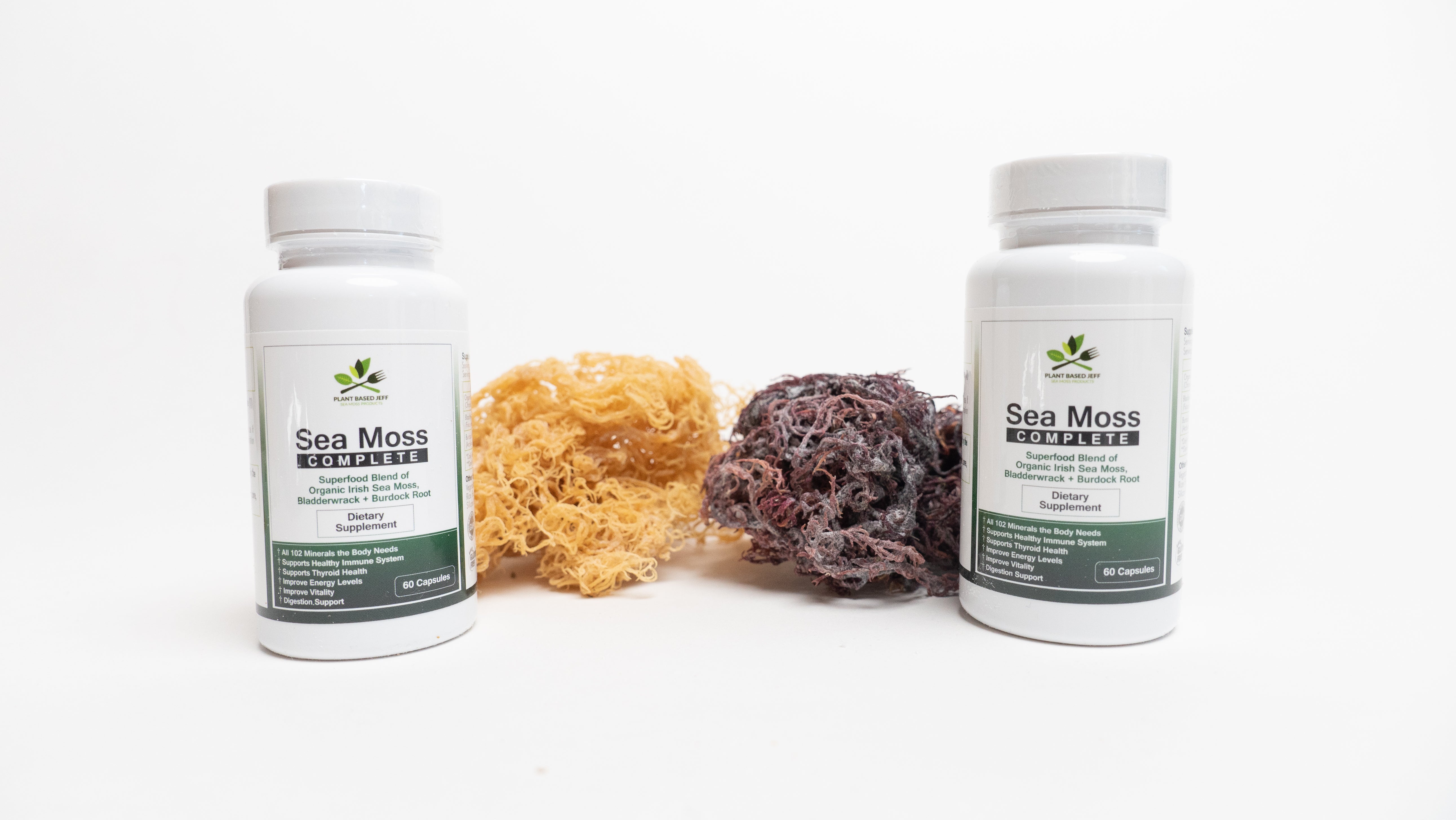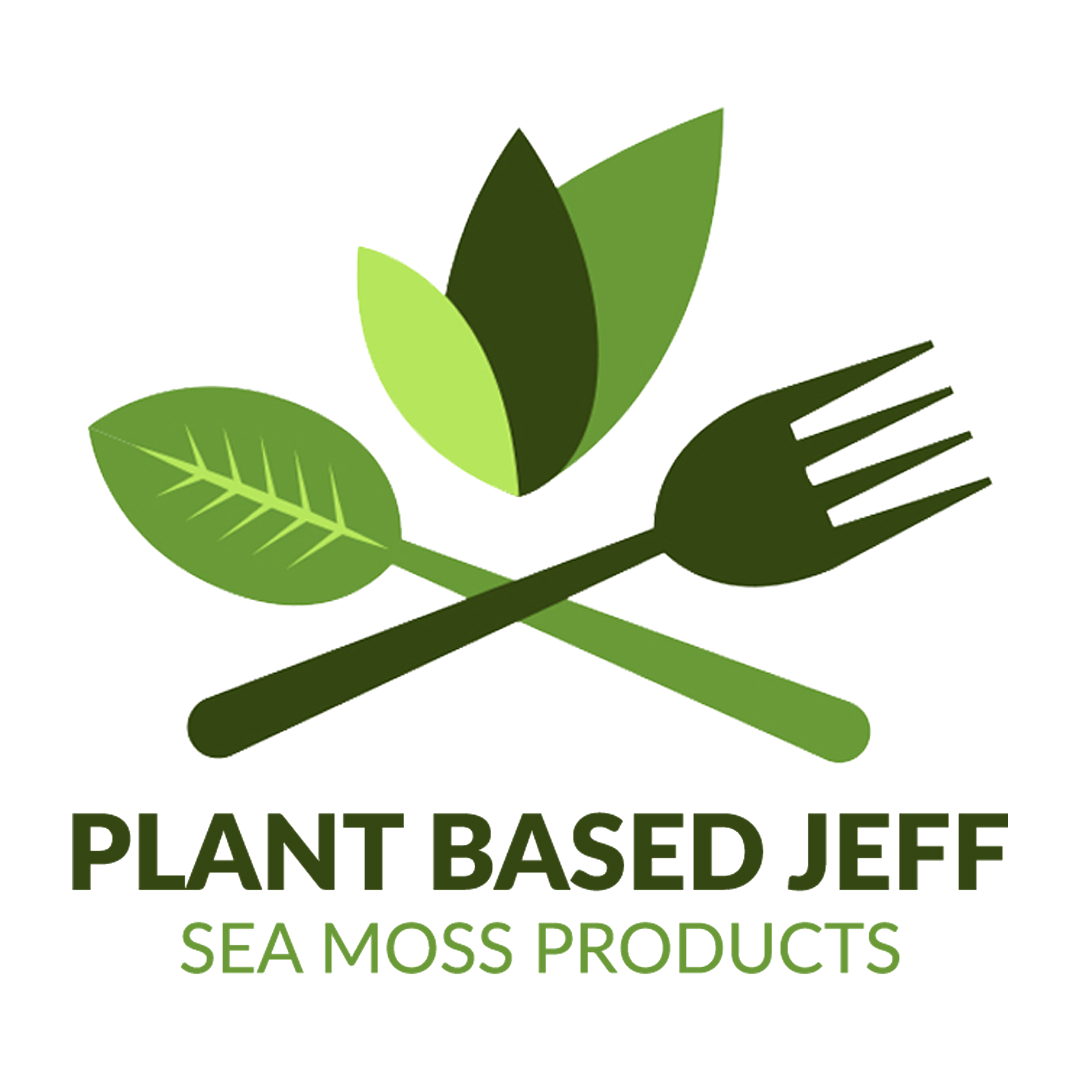
Things You Need to Know: What’s the Big Deal with Sea Moss?
Health and fitness are on the rise everywhere. As a result, many people are tapping into previously unknown or unnoticed all-natural superfoods. One of the things gaining a lot of interest today is sea moss.
Algae has been getting a lot of mainstream attention recently. One of the reasons is that seaweed or sea moss is rich in nutrients. Before you hop on the seaweed bandwagon, read about the benefits and drawbacks of this stuff.
What is Sea Moss?
Sea moss is an algae. Algae is a massive family of plants. According to the American Dietetic Association, algae also includes seaweed. The term algae can describe a mammoth family of plants. If you take a stroll on the beach and look at the brown stuff in the water, you will likely spot sea moss.
As a general rule, seaweed is a plant that spends its time in saltwater. More specifically, it is an aquatic plant. That means it has to survive in water. Sea moss or seaweed is composed of an assortment of different types of seaweeds. As a result, these sea plants have varying nutritional benefits.
What are the Benefits of Eating Sea Moss?
First, let’s look at some of the nutrients sea moss can deliver. The University of Maryland Medical Center says that this type of algae is a good source of iodine. This is critical because iodine can help keep the thyroid glands in check. Another nutrient sea moss is rich in is selenium. This element is crucial for maintaining a healthy immune system.
Sea moss is packed with calcium and iron. The University of Maryland Medical Center points out that this seaweed is very high in fiber. This can help to support colon and digestive system health.
According to the National Center for Biotechnology Information, sea moss is also a good source of protein. As a result, it can help to boost metabolism. Finally, sea moss is a rich source of vitamins. Most notably, sea moss is a good source of vitamins A, B12, and C.
What are the Potential Risks of Eating Sea Moss?
It is important to understand that it might not be safe for people with some types of allergies and health conditions when it comes to seaweed. For example, if you are allergic to iodine and consume seaweed, doing so may cause you to suffer an allergic reaction. Consequently, you may have to eat a lot of sea moss before getting enough iodine to experience any benefits.
Some people believe that seaweeds can cause them to suffer from poisoning. This is known as palytoxin poisoning. In many cases, the seaweed is harvested from polluted waters. As a result, it can become contaminated with this particular toxin.
There have been reports of people experiencing palytoxin poisoning after consuming sea moss. That’s why you should ensure that you only purchase this product from a reputable source.
The Bottom Line
They say that everything has two sides. That goes for seaweed as well. While you can reap the benefits of sea moss, there also are some potential risks to using this product. The good news is that most experts believe there is no real reason to worry about consuming sea moss in moderate amounts.
It is essential to be aware that some people have adverse reactions to sea moss. If you are new to this product, it is best to consult with your doctor to ensure you are not allergic to it. Some of the common signs of a sea moss allergy include nausea, vomiting, and diarrhea.
The best way to avoid sea moss allergies is to make sure it is not harvested from polluted waters. Furthermore, you should only purchase sea mossthat has been certified as safe.
Plant Based Jeff is the top sea moss provider and plant-based transition coach. A one-stop-shop for all-natural products such as Wildcrafted sea moss, sea moss capsules, e-books, and courses. If you are looking for the best sea moss to buy, you’re in the right place. Get 15% off your purchase when you sign up for the newsletter today!


Leave a comment
This site is protected by hCaptcha and the hCaptcha Privacy Policy and Terms of Service apply.